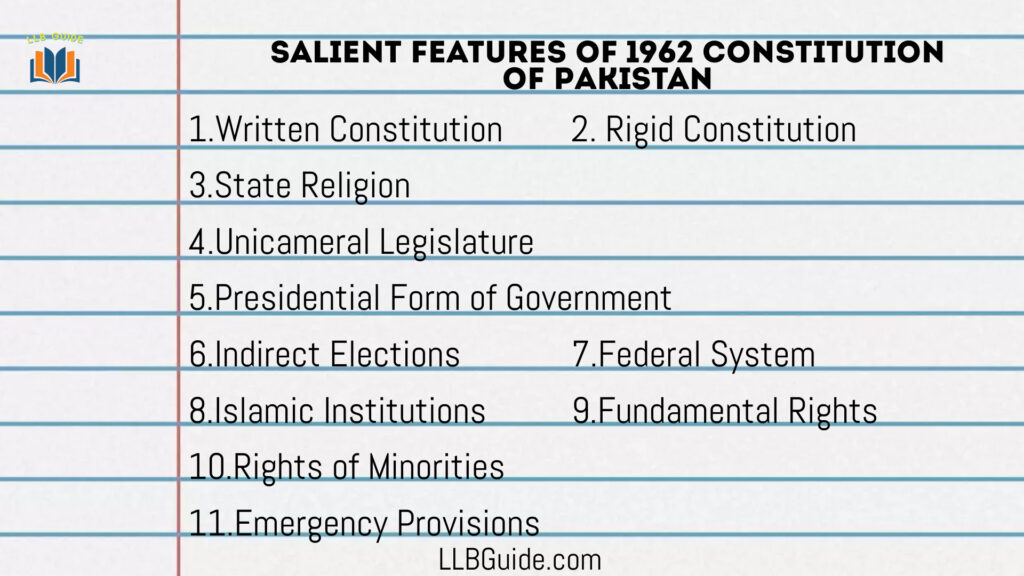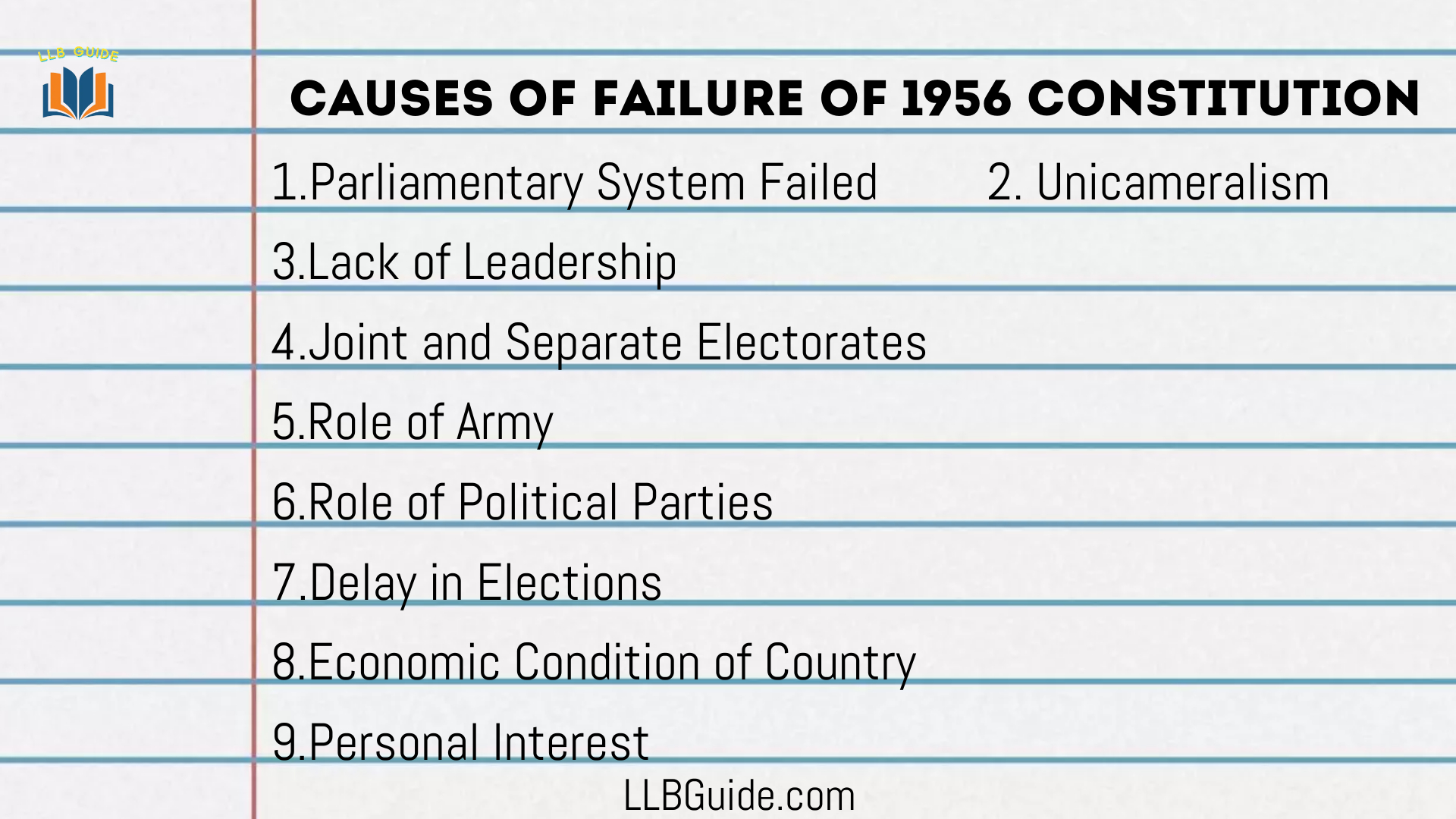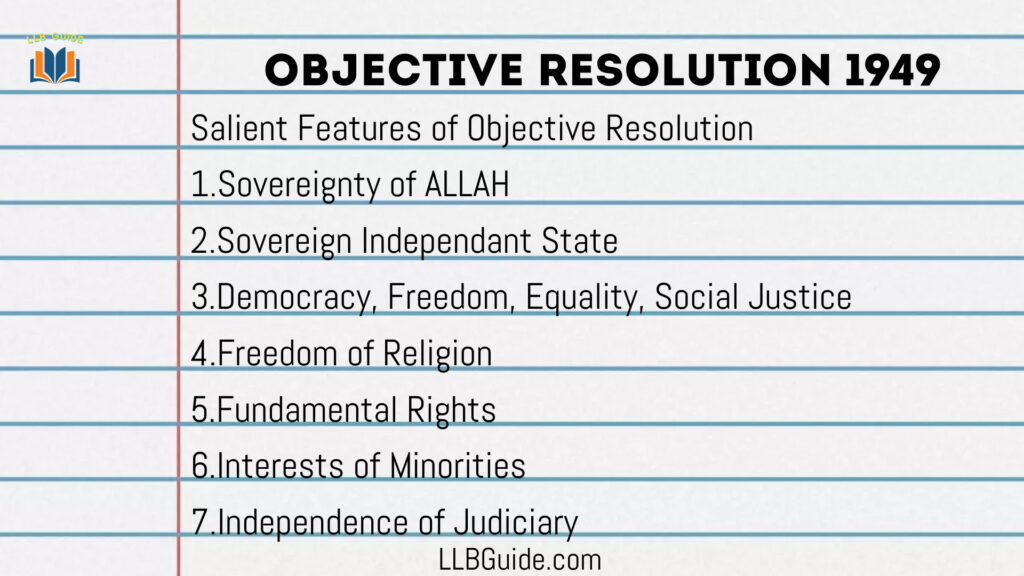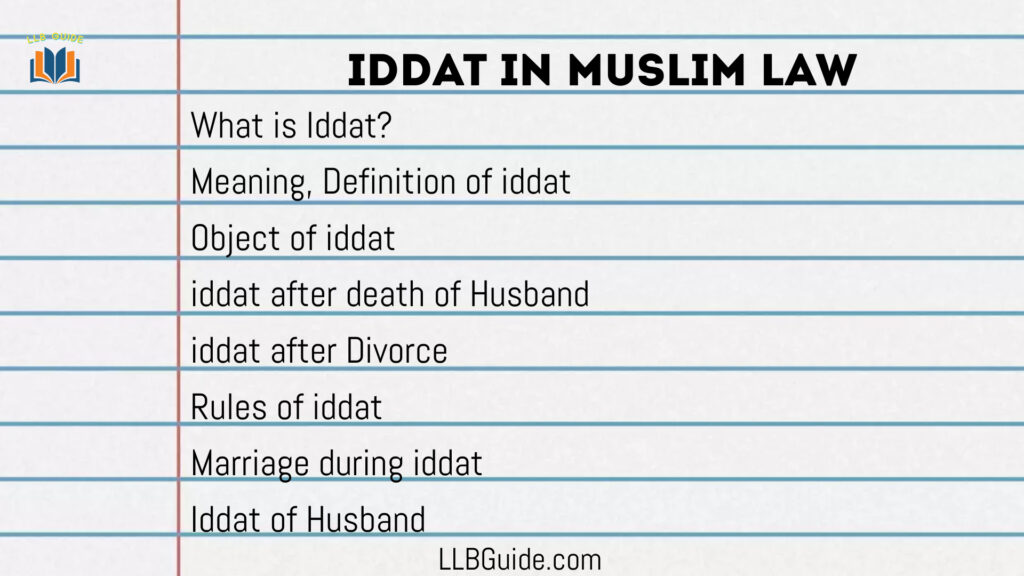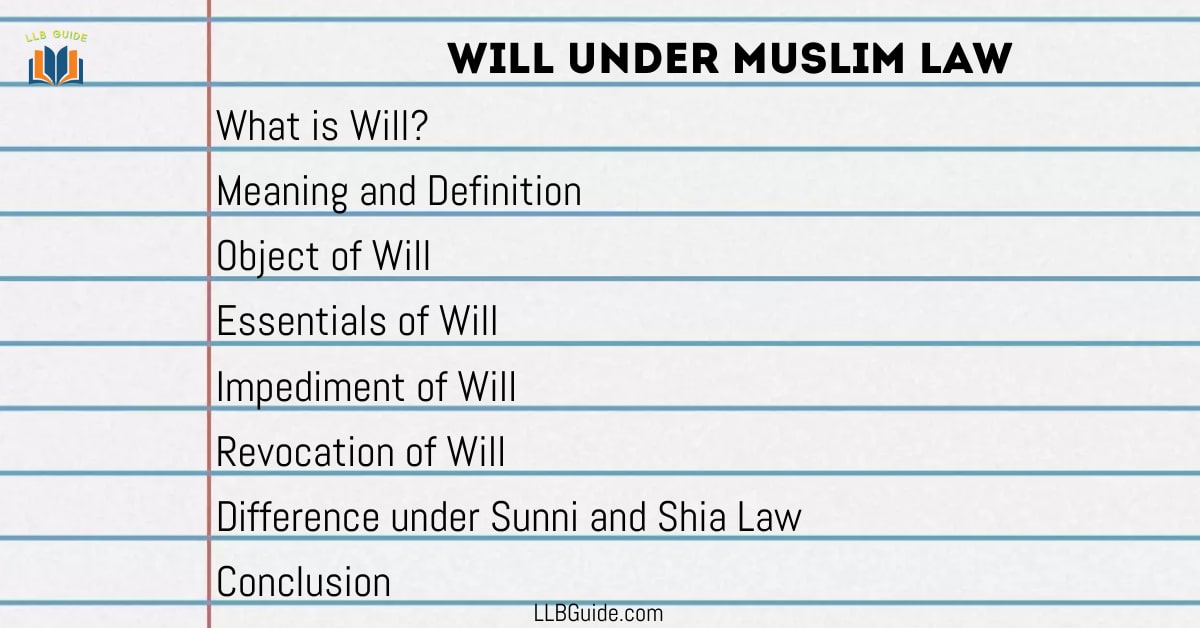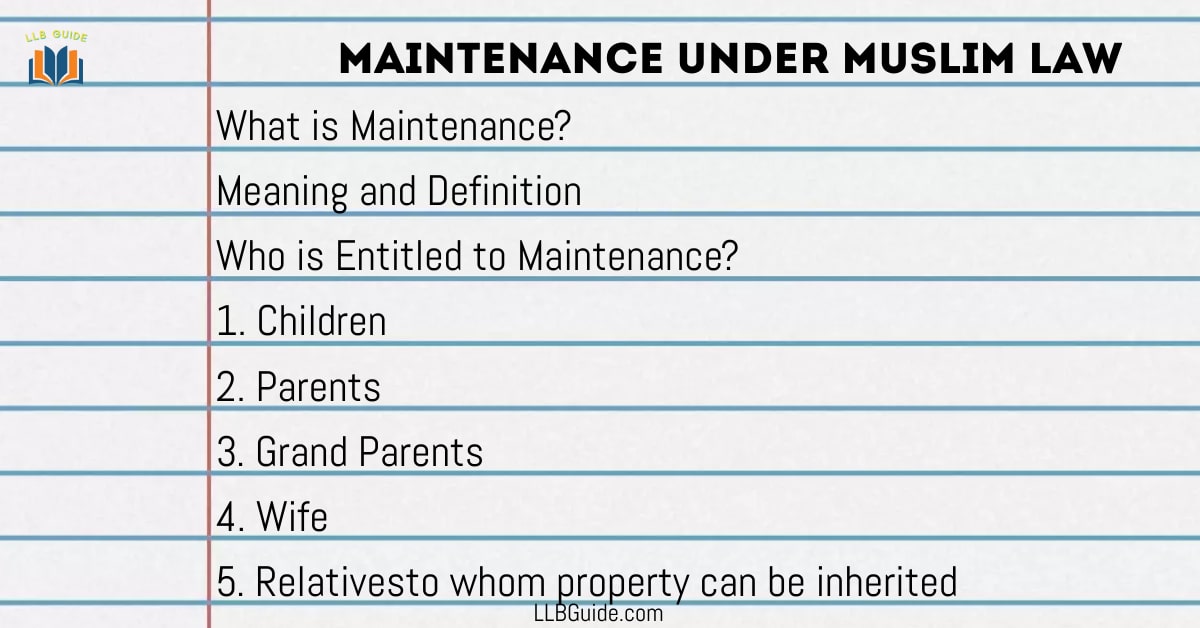Zafar Ali Shah Case
Zafar Ali Shah case is another important case in which martial law imposed by the Chief of Army Staff was challenged in the Supreme Court of Pakistan under article 184 (3) of constitution 1973 but the Supreme Court of Pakistan validated it again relying on the Kelsens Theory. Let’s jump into the Zafar Ali Shah … Read more





